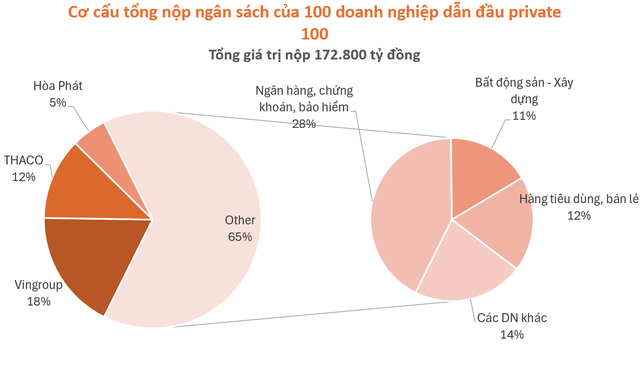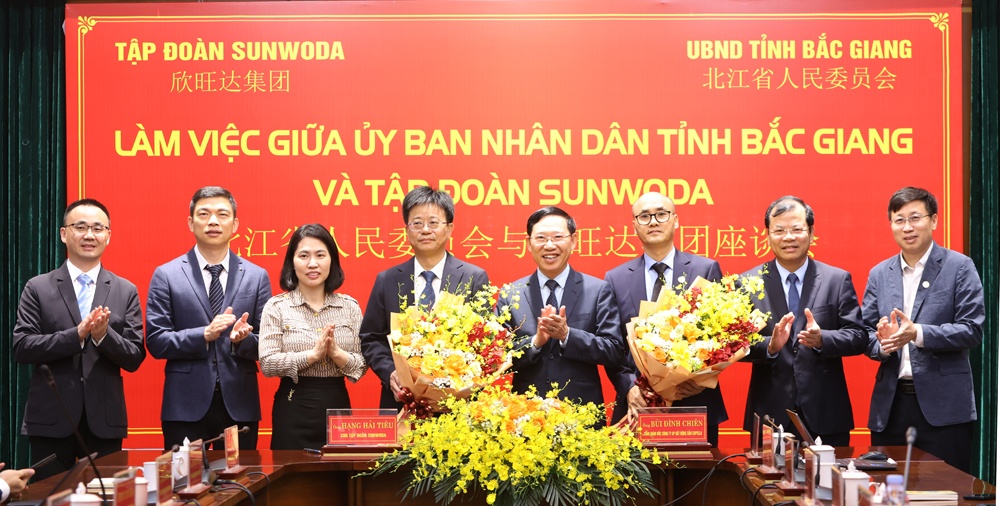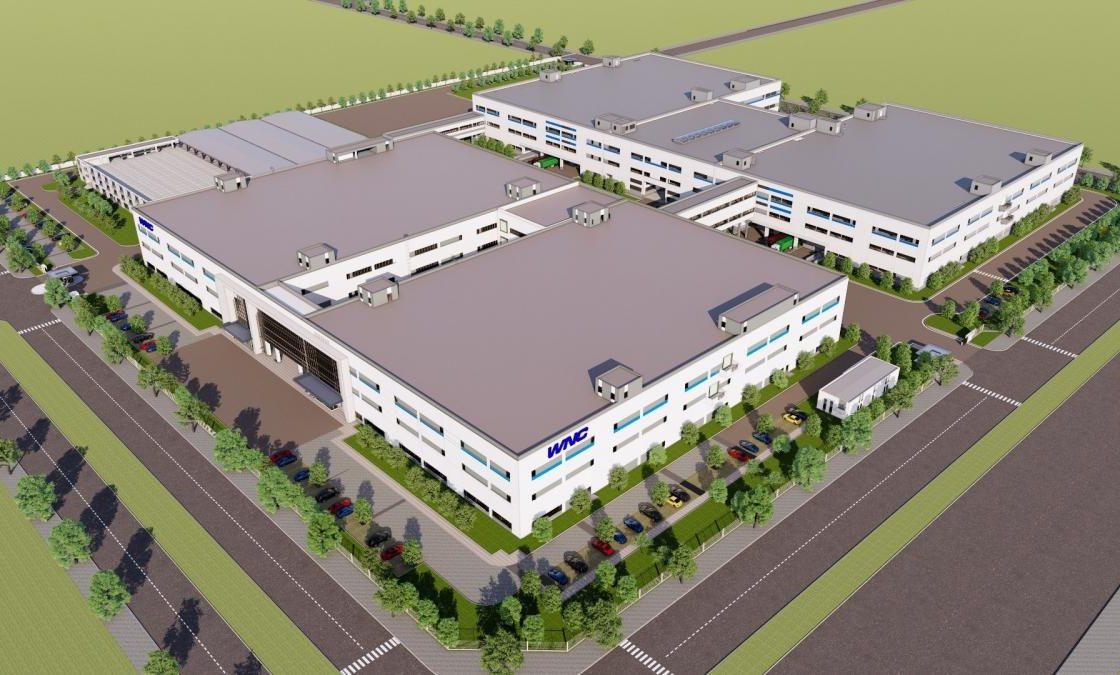When considering an investment in Vietnam's industrial sector, the Vietnam Singapore Industrial Park (VSIP) is a significant option. Established in 1996 through a partnership between Vietnam’s Becamex IDC Corporation and a Singapore consortium led by Sembcorp Development, VSIP has become a notable player in Vietnam's industrial landscape. This article provides a straightforward overview of what VSIP offers to foreign investors looking to set up manufacturing facilities in Vietnam.
VSIP operates several industrial parks strategically located across Vietnam, providing businesses with optimal access to transportation networks, including highways, seaports, and airports. These parks are situated in key economic zones, facilitating both domestic distribution and international export. Here is a list of all VSIP locations:
Binh Duong (VSIP I, VSIP II, and VSIP III)
Bac Ninh
Hai Phong
Hai Duong
Quang Ngai
Nghe An
Binh Dinh
Can Tho
These locations are strategically positioned to support various business strategies. For example, VSIP’s parks in the north, such as Bac Ninh and Hai Phong, offer proximity to China, making them ideal for companies involved in cross-border trade. Meanwhile, the southern parks in Binh Duong and Can Tho provide access to the Mekong Delta and Southern Economic Corridor, supporting businesses with strong local market demand or export-focused strategies.
VSIP offers modern industrial infrastructure designed to meet international standards. This includes ready-built factories and warehouses, customized industrial land, and access to essential utilities such as power, water, wastewater treatment, and telecommunications. The infrastructure is suitable for a wide range of industries, from electronics and automotive to consumer goods and food processing.
For companies looking to establish a presence in Vietnam quickly, the availability of ready-built facilities can reduce setup time and cost. However, investors should carefully assess the specific facilities available at each VSIP location to ensure they align with their technical and operational requirements.
VSIP offers several incentives to attract foreign investment, including tax exemptions, reduced land lease rates, and streamlined administrative support. These incentives can provide initial cost savings and help navigate Vietnam’s regulatory landscape more efficiently.
However, investors should note that similar incentives are available in other industrial parks across Vietnam. It’s essential to compare the overall costs and benefits of investing in VSIP versus other locations to determine the best fit for your business.
VSIP is a joint venture between Becamex IDC Corporation from Vietnam and a Singapore consortium led by Sembcorp Development. This partnership combines local expertise with international standards of management, which can provide a sense of security for foreign investors.
However, governance structures and local partnerships should be carefully evaluated to ensure they align with an investor’s strategic goals and risk tolerance. Understanding the decision-making processes and potential local nuances is crucial for smooth business operations.
VSIP has a solid track record with over 900 projects and more than $17 billion in total investment. Its diverse tenant base includes multinational corporations such as Unilever, PepsiCo, and Panasonic, as well as numerous SMEs across various industries. This diversity can be advantageous for new investors, as it indicates a stable and robust business environment.
Nonetheless, a proven track record does not automatically guarantee success for all new entrants. Investors should conduct their own due diligence, assess market conditions, and consider their specific business models and strategies when deciding to invest in VSIP.
VSIP continues to expand and upgrade its facilities to accommodate the changing needs of the market. The development of new parks and the incorporation of sustainable practices, such as green energy and eco-friendly infrastructure, reflect VSIP’s commitment to future growth.
Investors should stay informed about these developments to understand how they might impact their operations or present new opportunities. It’s important to ensure that future plans align with their own growth strategies and long-term objectives.
While VSIP presents a viable option for industrial investment in Vietnam, it is crucial to conduct the right due diligence and explore all available alternatives. At FIBIC, we specialize in helping investors navigate Vietnam's complex industrial landscape, providing expert advice and comprehensive evaluations to ensure you make the best investment decision. Reach out to us today to learn more about how we can support your investment strategy in Vietnam.
The Secretary General and Chairman of the Office of the National Assembly, Lê Quang Tùng, recently announced the top 10 notable events and activities of the National Assembly in 2024. Among these, three significant laws with a direct impact on the real estate market were prominently featured.
According to the finalized list, the top 100 enterprises in the PRIVATE 100 contributed nearly VND 173 trillion to the state budget in 2023. Among them, more than 30 entities each paid over VND 1 trillion.
Sunwoda will pour an additional $300 million into the manufacturing facility in Yen Lu Industrial Park. The project will employ 5,000 local workers and generate $1 billion in revenue per year. Sunwoda will continue to make additional investments in the next stages based on its upcoming growth in Vietnam
Vietnam kicked off 2025 with a strong surge in foreign direct investment (FDI), reaching $4.33 billion in January—a 48.6% increase from the same period last year. Despite a slower start in new projects, additional investments and stake acquisitions skyrocketed, highlighting growing confidence from foreign investors.
Elon Musk’s SpaceX has reportedly requested multiple Taiwanese suppliers to shift their satellite component manufacturing operations outside of Taiwan. According to sources connected to the suppliers and internal corporate documents, this move is driven by concerns over geopolitical risks. As a result, some manufacturers have already started relocating parts of their supply chain, with Vietnam emerging as a favored destination for production.
These industrial infrastructure projects, proposed by both domestic and international investors, are poised to significantly boost the socio-economic development of Thanh Hóa province in the near future.





